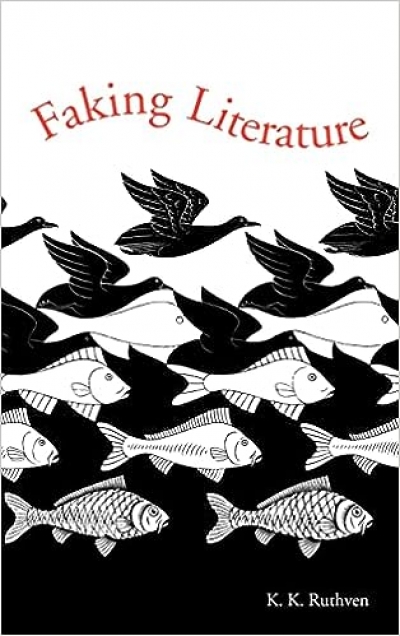Accessibility Tools
- Content scaling 100%
- Font size 100%
- Line height 100%
- Letter spacing 100%
Archive
The ABR Podcast
Released every Thursday, the ABR podcast features our finest reviews, poetry, fiction, interviews, and commentary.
Subscribe via iTunes, Stitcher, Google, or Spotify, or search for ‘The ABR Podcast’ on your favourite podcast app.
‘Where is Nancy?’ Paradoxes in the pursuit of freedom
by Marilyn Lake
This week on The ABR Podcast, Marilyn Lake reviews The Art of Power: My story as America’s first woman Speaker of the House by Nancy Pelosi. The Art of Power, explains Lake, tells how Pelosi, ‘a mother of five and a housewife from California’, became the first woman Speaker of the United States House of Representatives. Marilyn Lake is a Professorial Fellow at the University of Melbourne. Listen to Marilyn Lake’s ‘Where is Nancy?’ Paradoxes in the pursuit of freedom’, published in the November issue of ABR.
Recent episodes:
On the second last day of the weeklong Poetry Africa 2001 international festival in Durban, South Africa, an interview with me appeared in one of the national newspapers. The text presented me as a returned exile. I was asked questions such as: ‘Have you lost your South Africanness, or do you still need it?’ Since my return to South Africa – I was last here in 1995, just after the first ‘free and fair’ election – I’ve been asked about my feelings towards South Africa and Australia. The questions are always intentionally superficial: there’s a right and a wrong answer. I’ve found that usually the best response is evasion or, better, a lie. In their questioning is a not so subtle politics of decorum: Are you a foreigner? If you are, mind your manners.
... (read more)Heroic Money by Gig Ryan & Sun Shadow, Moon Shadow by J. S. Harry
The True Life of Jimmy Governor by Laurie Moore and Stephan Williams
‘AT NIGHT,’ wrote Charmian Clift one summer in the late 1950s on the Greek island of Hydra where she lived with her husband and children, where the harbour village had been invaded by summer tourists, where teams of local Greek matrons invaded the kitchen in relays to monitor the foreign woman’s housework and mothering techniques ...
... (read more)Selected Poems: A new edition by Gwen Harwood, edited by Greg Kratzmann
A few weeks ago, I attended the session on ‘What is an Australian Classic?’ during the Sydney Writers’ Festival. My own definition of what makes a classic is a simple one: a book from the past that retains significance, that still entertains and enlightens us, even though we may respond to it in quite different ways from its initial readers. In some cases, of course, classics were not so highly regarded on first publication. Even Gerard Windsor, at the festival, had to concede that Joyce’s Ulysses was a classic; it was of course banned in Australia, and elsewhere, for many years. And one of the eight titles in the first series of A&R Classics, Come in Spinner ($21.95pb, 0 207 19756 3), also received a very mixed reception, as one of its authors, Florence James, remembers in the introduction she wrote in 1988 for the first printing of the unedited version of the novel. In 1951, the Sydney Daily Telegraph called Come in Spinner ‘a muckraking novel fit for the literary dustbin’, even though it had earlier won the newspaper’s own novel competition!
... (read more)Querulous impatience has overtaken discussion of Aboriginal matters in some quarters. ‘If we apologise, they must forgive and then assimilate. Invite them to discussions about how to ameliorate their misery – the disintegration of community, the alcoholism, the glue sniffing. But they mustn’t talk “ideology”. We’ve had enough brooding over the past, heard enough about treaties and self-determination, and more than enough about genocide. It’s time to move on.’ That’s what I hear and in that tone.
... (read more)






